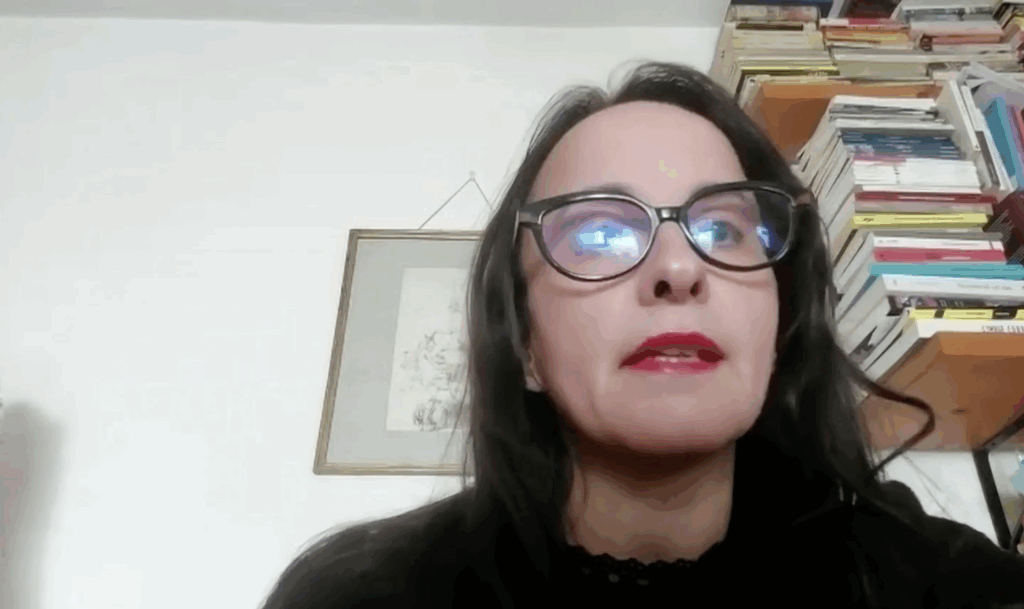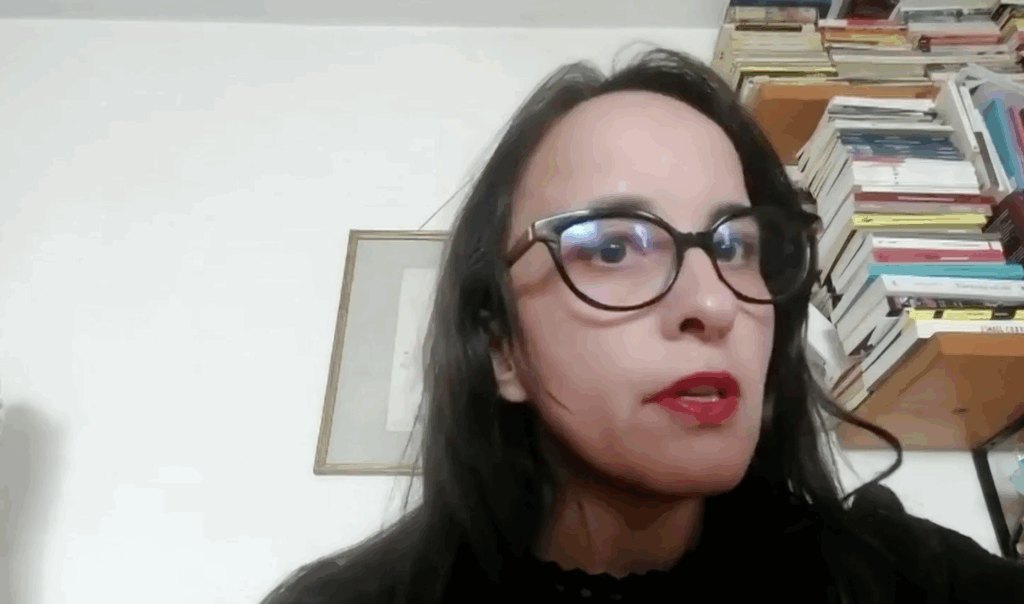Telling Real Stories with Care
An Interview with the Romanian Playwright Mihaela Michailov
By Nicoleta Talpes, May 16 2025
Exclusive interview by Prof. Univ. Dr. Raluca Radu, University of Bucharest, for the GEMINI Research Project
Mihaela Michailov is not just a playwright—she is a careful observer of reality and a powerful voice for those who often go unheard. Co-founder of the Centrul de Teatru Educațional Replika and professor of playwriting at UNATC “I.L. Caragiale”, she brings to the stage stories that are deeply rooted in lived experience. In this interview, conducted by Prof. Raluca Radu, Michailov offers insights into her creative process, ethical responsibilities, and the intersection of art and social issues.
Reality as a Source of Inspiration
Michailov’s approach to writing is closely tied to documenting real-life experiences. “For me, documenting a play is imagining how to write it,” she explains. Whether she’s writing about migration, gender, or children left behind by parents working abroad, she starts by spending time in communities, listening, observing, and absorbing. Her plays often begin with interviews and fieldwork, which shape both the themes and structure of her work.
This blend of theater, journalism, and anthropology gives her plays a documentary feel, but always with an artistic core. As she says, “Writing for me is always immersive.”

Building Trust, Respecting Vulnerability
Working with marginalized communities, including children, requires time, patience, and trust. Michailov describes spending months documenting before writing, engaging in conversations, shared meals, and everyday activities. “The more honest you are, the more people begin to trust you and share their stories”, she reflects.
At Replika, the team places strong emphasis on ethics and care, especially when working with young people. Children are invited to participate at their own pace, without pressure to share sensitive experiences. “We are very conscious that the story we convey has to be told with respect and generosity”. she notes.
The Role of the Artist: Observer, Not Owner
A recurring theme in Michailov’s perspective is humility. She challenges the notion of the artist as the “great creator” and instead views theater-making as a co-creation process where the voices of participants — whether they are children, street youth, or members of Roma communities — are central. The goal is not to take their stories, but to create space for them to be heard with dignity.
Balancing Art and Social Message
While her plays address weighty issues, they are also artistically rich and emotionally resonant. “We don’t invite people to a journalism session—we invite them to a play,” she says. That means crafting powerful theatrical experiences that raise questions, invite doubt, and resonate aesthetically.
Even when audiences expect heavy social commentary, they often leave with a sense of hope, beauty, and artistic depth — a testament to Michailov’s ability to transform personal pain into shared reflection through theater.

Why This Matters for GEMINI
GEMINI explores how young people relate to gender issues through fiction and serial drama, and how creative tools can support gender equality education. Mihaela Michailov’s work exemplifies this intersection — using theater as a bridge between lived reality and collective understanding, especially among youth.
Her insights offer valuable lessons for educators, artists, and researchers working on gender and media literacy:
In an age where young people are deeply influenced by stories — whether on screen or stage — Michailov reminds us that how we tell stories matters just as much as what we tell.
Watch the complete interview with
Mihaela Michailov through this link.


